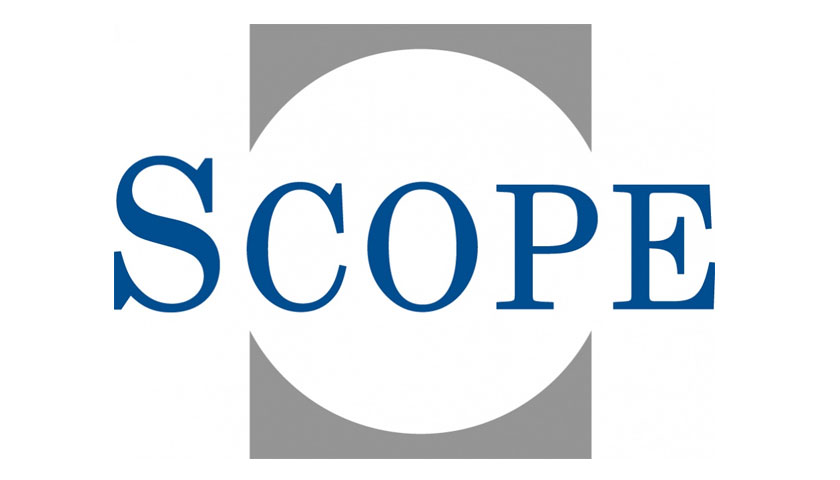|
The EU’s plan to tax the carbon content of imports may protect Europe’s materials industry from competitors in other countries with less stringent and costly greenhouse-gas regulations, primarily China, but fail to stem so-called carbon leakage. |
|
The European Commission is preparing a legislative proposal on a carbon border adjustment mechanism (CBAM) as a corollary to the EU’s Green Deal which will impose extra sustainability-linked costs on domestic industry. But the EC also wants to avoid the problem of firms simply relocating production to more lenient foreign jurisdictions from where they export goods with untaxed carbon back to the EU. “Brussels faces the difficulty of identifying the carbon content of imported manufactured goods,” says Bernd Bartels, director at Scope ESG. The identification of original carbon content and its quantity in imported materials such as steel or cement seems manageable, but the task becomes increasingly complex for manufactured products such as computers and electronics. “If importers of manufactured goods are initially exempt from the CBAM, the move would increase rather than reduce carbon leakage by encouraging the delocalisation of European materials producers – such as suppliers of steel, cement and chemicals which have heavy carbon footprints,” says Bartels. “Equally, such a levy would encourage imports of manufactured goods whose carbon content goes untaxed for the moment,” he says. “At the same time, manufactured goods are the most traded items globally in terms of traded value added,” he says. “The administrative cost of defining and identifying the carbon content of these goods is difficult: it depends on underlying production technologies and the energy mix, both of which are hard to identify if the supply chain involves multiple countries of origin,” says Bartels. “This is exactly the challenge investors face when it comes to judging the ESG risks and impacts of companies with complex, global supply chains,” he says. The EU’s import levy would fall more heavily on Chinese goods than on imports from any other country for two reasons. First, China is effectively the world’s largest exporter of carbon, considering its economy is heavily reliant on fossil fuels for power generation. Secondly, the country is one of the world’s biggest producers of materials and finished goods. The burden of the levy would be highest in absolute terms for manufactured imports, but it is most punitive on imports of materials, representing a much higher proportion of value added than for manufactured goods such as electronics. “Accordingly, we are more likely to see incentives to change existing supply chains have an impact in the materials sector than in manufacturing, even if both are taxed,” says Bartels. |
EU carbon pricing: is a border levy a new sustainability standard or a catalyst for carbon leakage?
